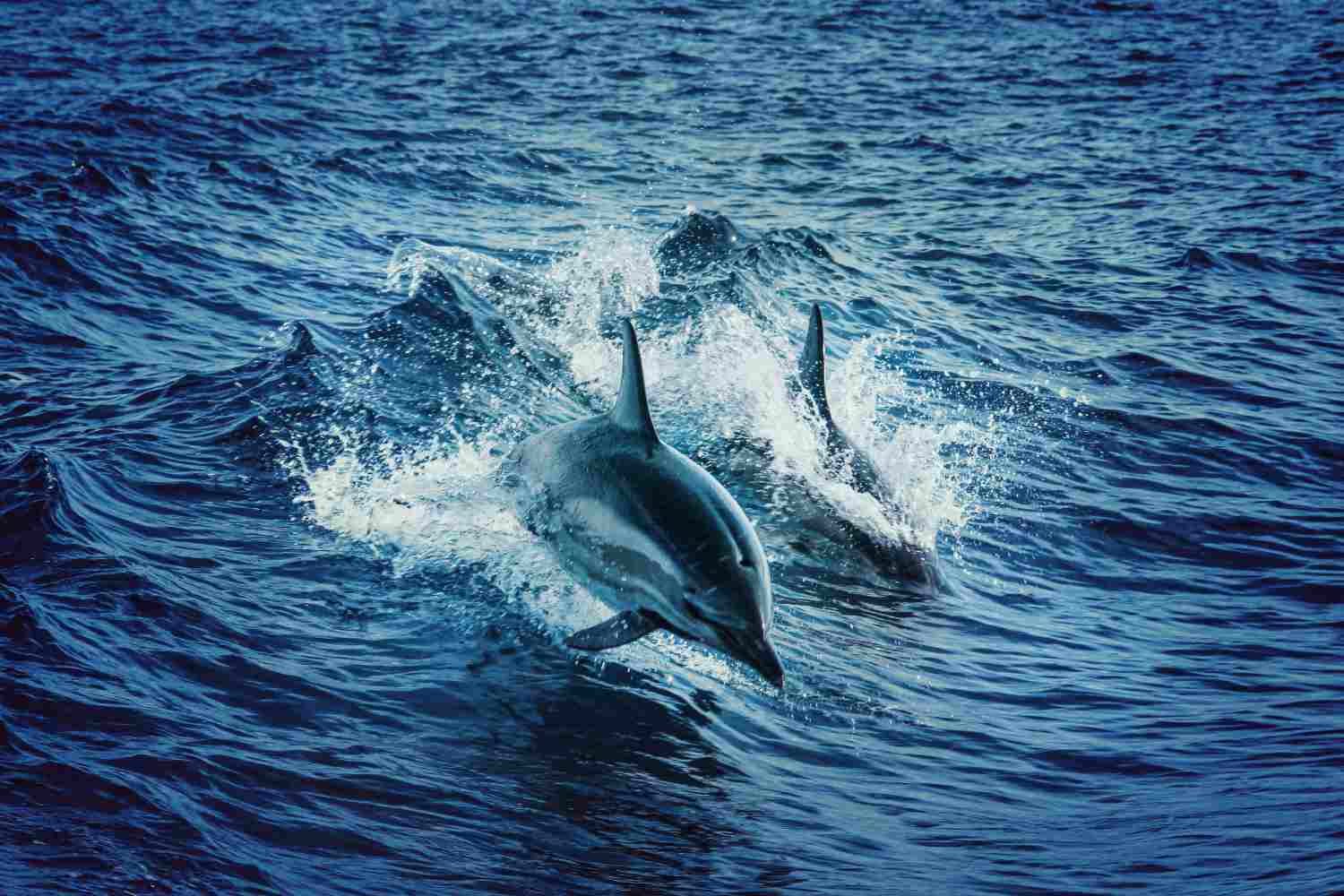Every day dozens of boats surround the dolphins in Zanzibar to allow tourists to swim with the dolphins, causing stress to the animals and compromising the marine ecosystem by damaging corals and seabeds

@Tom Swinnen/Pexels
What tourists see in Zanzibar is a postcard-perfect paradise: turquoise waters, white sand, and playful dolphins dancing just offshore. But beneath the surface of this dream vacation lies a brutal reality — dolphins, once a proud symbol of the island’s marine wealth, are now victims of an uncontrolled tourism frenzy.
Every day, dozens of boats packed with tourists cut through the waters of the Indian Ocean, with one goal: to find dolphins and swim with them. It seems harmless enough — a thrilling encounter with wildlife. But this daily ritual has devastating consequences for the animals.
Fueled by the growing demand for up-close wildlife experiences, a booming industry has emerged. Local operators, often working without any environmental oversight, race to surround pods of dolphins, chase them, and force them to the surface. Some tourists even jump into the water to get as close as possible, turning the experience into a relentless chase.
This constant pressure causes extreme stress, disrupting the dolphins’ natural behavior. Their ability to feed, reproduce, and communicate is compromised. And as the stress accumulates, dolphins are becoming increasingly rare in the most frequented areas — a clear sign of a marine ecosystem under threat.
The real cost of chaotic tourism
It’s not just the dolphins paying the price. The explosion of unregulated tourism is wreaking havoc on coral reefs and underwater habitats that support the region’s delicate ecological balance. Overcrowded boats pollute the water and damage the seabed. And the sheer volume of human activity scares off other sensitive species that once thrived there.
“We’re seeing fewer fish and dirtier water”
Even local communities — many of whom rely on tourism for their livelihoods — are starting to suffer the consequences. Overfishing, polluted waters, and declining fish populations are impacting daily life. In short, the local economy is growing by destroying the very environment it depends on.
Some initial steps are being taken. On certain protected islands, visitor numbers are now capped. Environmental fees are being introduced. But these measures are far from enough. What’s needed is a cultural shift.
Tourists must understand that responsible wildlife observation — from a respectful distance, without interfering — is the only way to protect dolphins and preserve the paradise they came to see.
Zanzibar still has a chance to become a model for conscious eco-tourism. But to do that, we must stop chasing dolphins and start protecting them.
